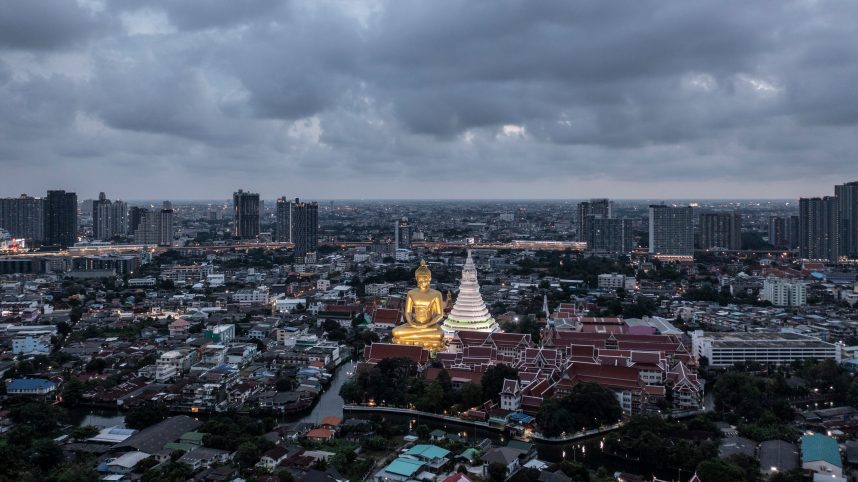Published on: October 5, 2025, 08:45h.
Last revised on: October 5, 2025, 08:45h.
The freshly established Thai administration hopes to witness up to seven casino hotels constructed to kickstart the country’s regulated gaming sector, with a possibility of three of those establishments being situated in the capital city of Bangkok.

Recent reports in the media indicate that the new Prime Minister Paetongtarn Shinawatra is ready to present a statement on casino policy to parliament this week, which may include a directive for up to seven gaming establishments to kick off Thailand’s venture into regulated gaming.
If the rumors about seven integrated resorts with three in Bangkok turn out to be true, it would exceed previous speculation. Earlier discussions suggested that if Thai authorities approve casino gaming — a possibility that is gaining traction — the country would start with five casino hotels. This plan involved two venues in Bangkok and one each in the Eastern Economic Corridor, Chiang Mai, and Phuket.
Bangkok Could Emerge as Prime Casino Hub
An article published by The Nation highlighted comments from Deputy Secretary-General to the Prime Minister Suksit Srichomkwan, indicating that the casino legislation being considered by the Thai cabinet includes provisions for three integrated resorts in Bangkok.
It is believed that the legislation stipulates that each winning bidder of a casino license in Bangkok must pay $3 billion, potentially generating $9 billion in revenue for the government. This price point could attract various global gaming giants as it is significantly lower than the cost of developing a new casino hotel on the Las Vegas Strip and much less than what some operators are planning to invest in New York.
If the long-term return on investment is in the high teens or low 20s percentage-wise — a common target in the gaming industry — a $3 billion licensing fee could be acceptable to many gaming companies, including US-based firms such as Las Vegas Sands, MGM Resorts International, and Wynn Resorts, all of which have shown interest in Thailand.
The legislative package also specifies that casinos can occupy no more than 10% of an integrated resort’s total area, with gaming venues outside Bangkok requiring an initial licensing fee of $1.5 billion.
Significance of Bangkok Casinos Beyond Gaming
The decision of the Thai government to allow casino resorts in Bangkok holds importance for other reasons. Firstly, being the most populous city in the country, it is an attractive location for operators.
Secondly, it represents a contrast to the situation faced by gaming companies in Japan a few years ago. Operators like Sands and Wynn, among others, were aiming to secure permits for integrated resorts in Tokyo and Yokohama — Japan’s two largest cities. However, they abandoned their ambitions due to the cities’ reluctance to host casinos.
In a reference to Japan, lawmakers supporting Thailand’s casino aspirations hope to expedite the legislative process so that the nation’s first gaming venues can open before MGM Osaka in 2030.


